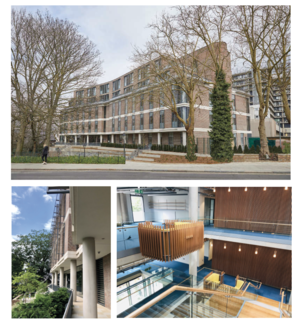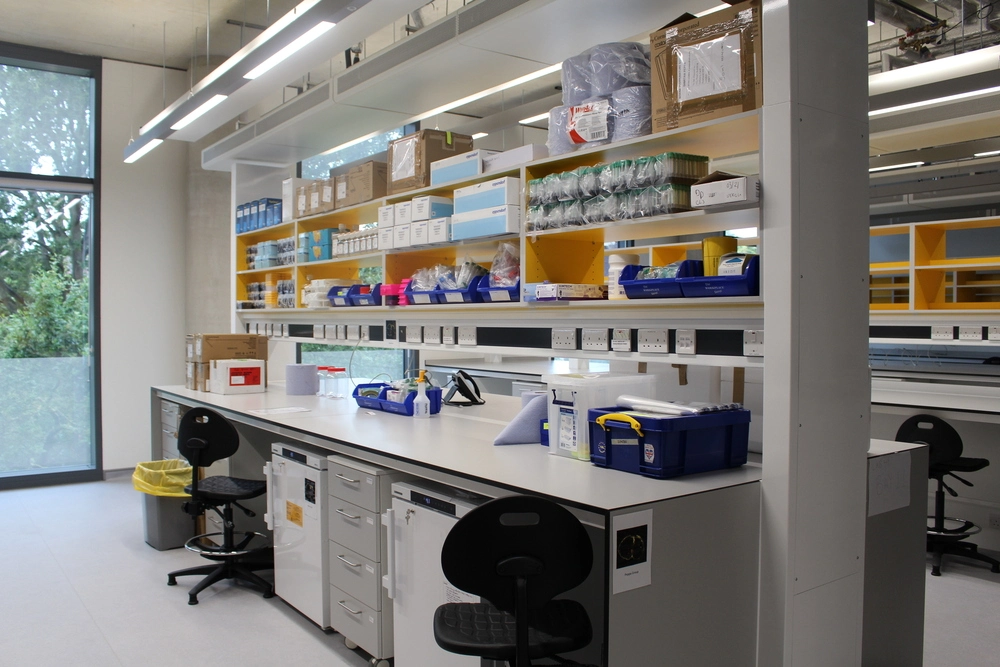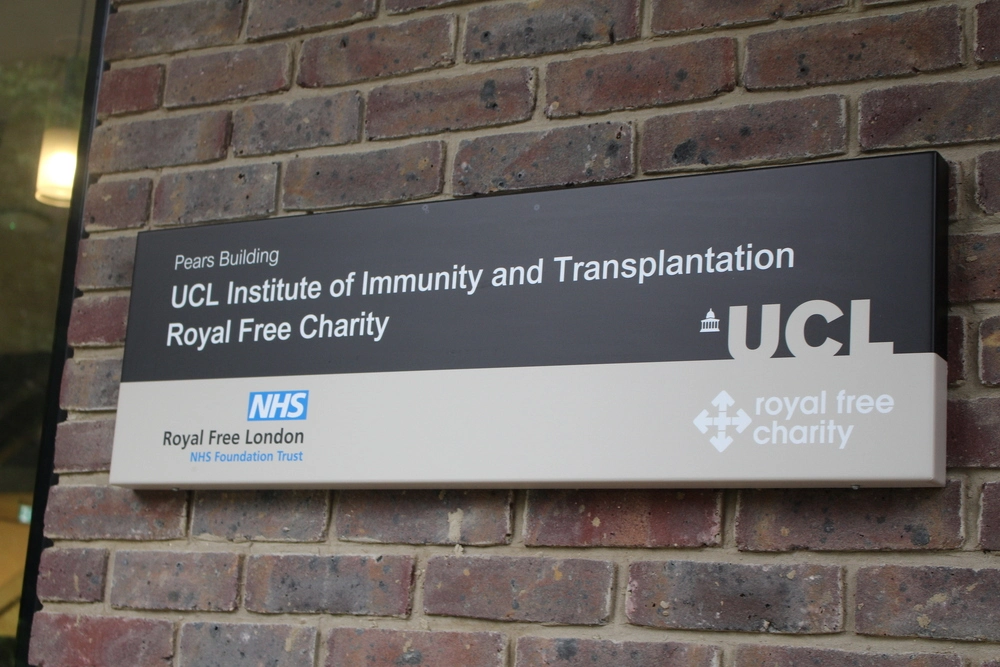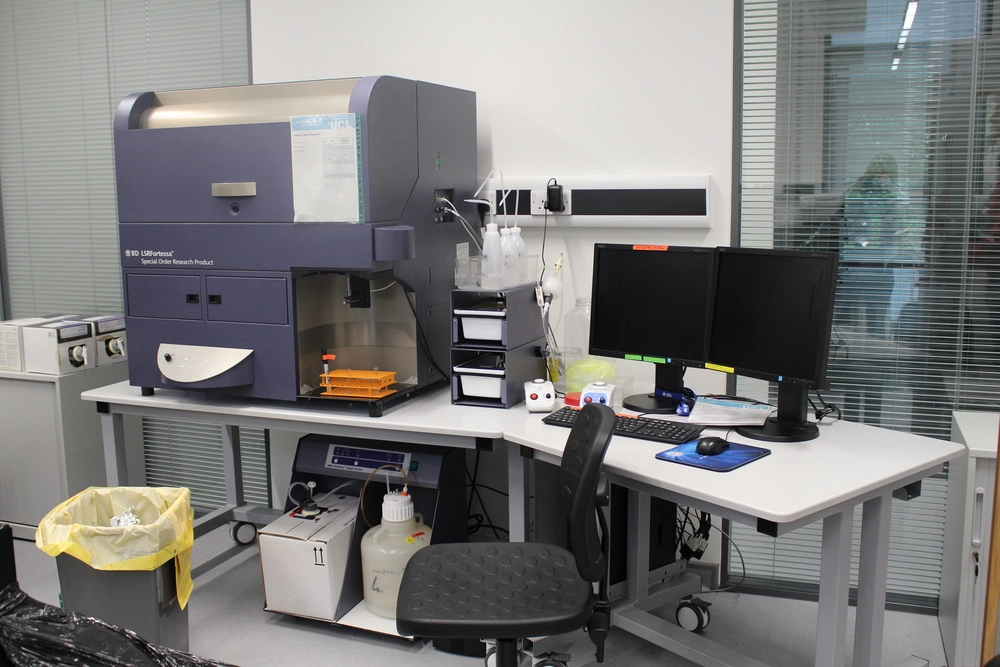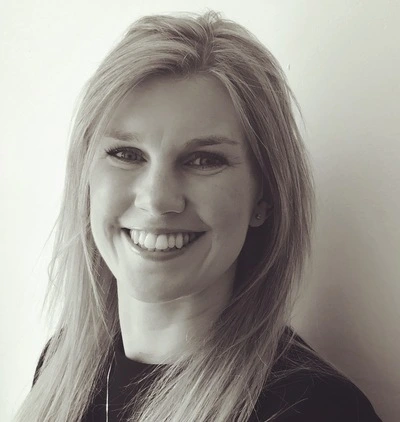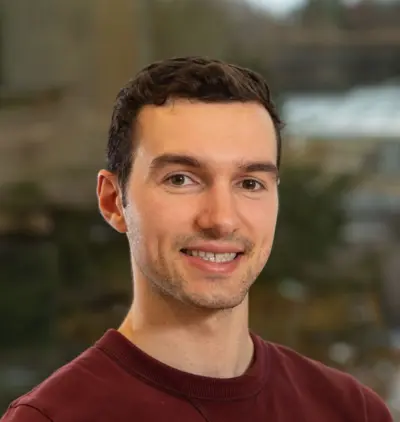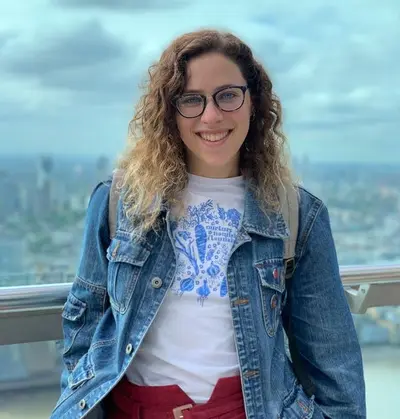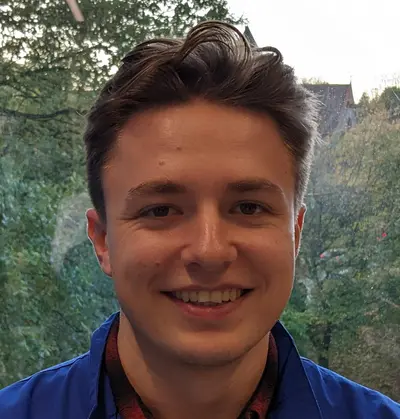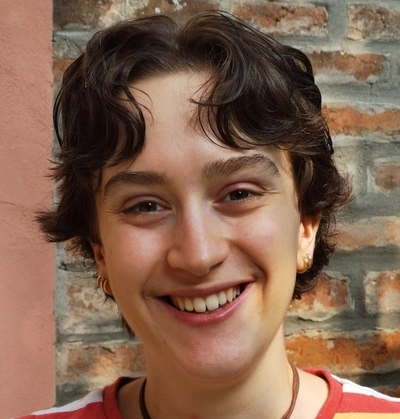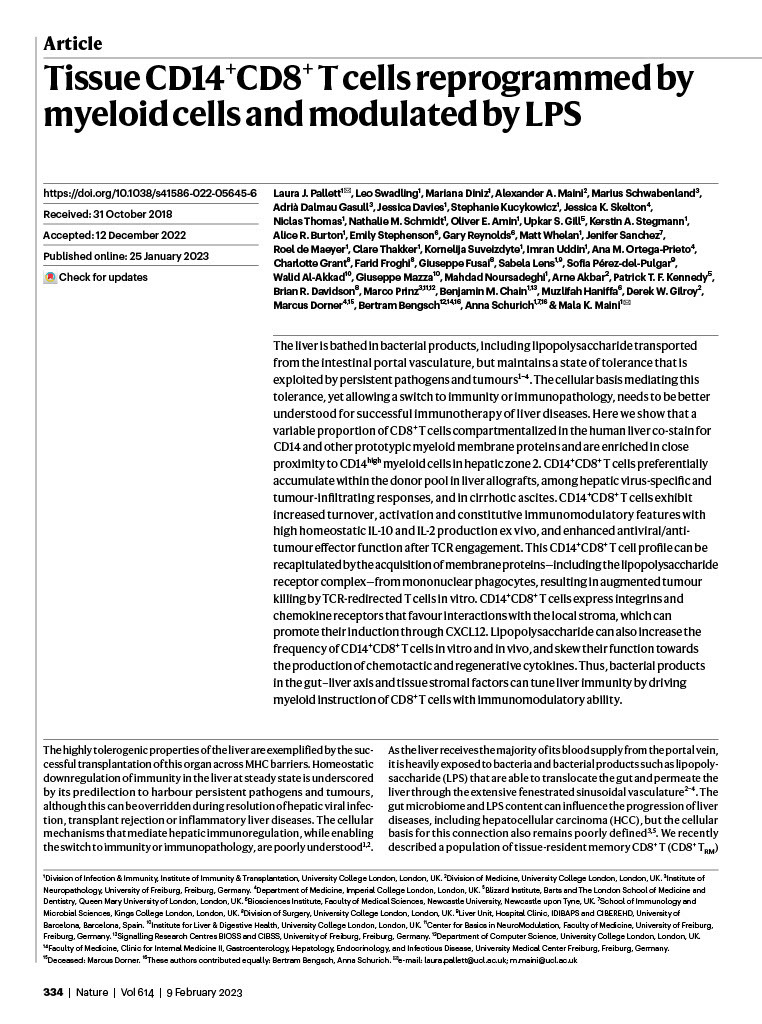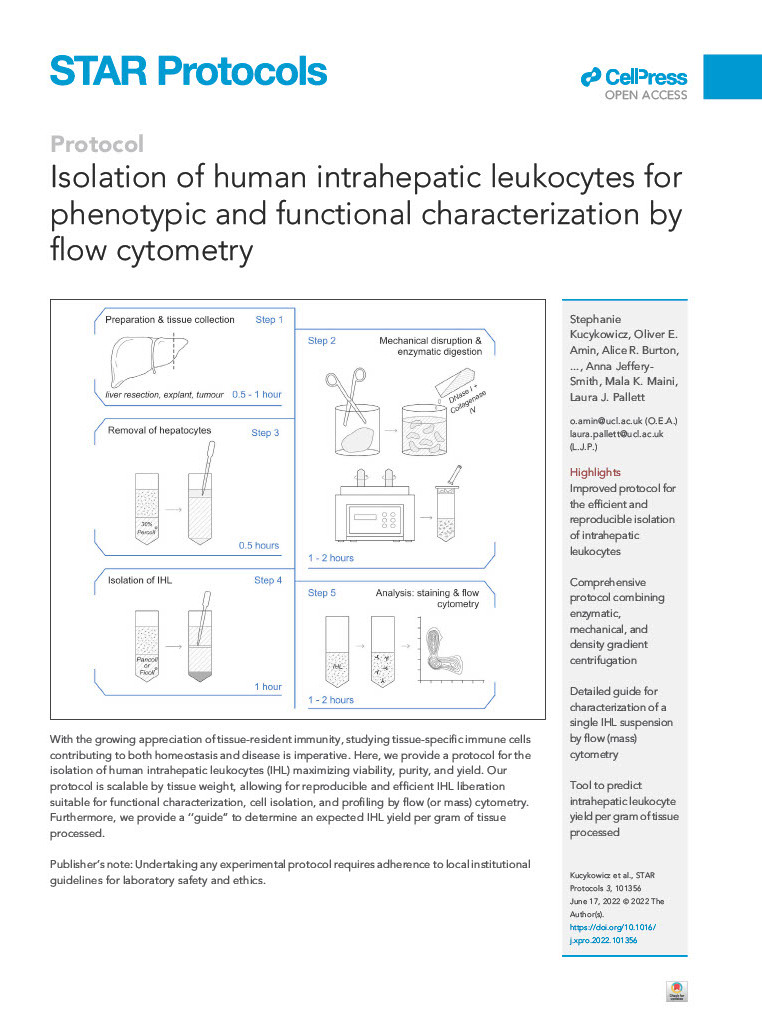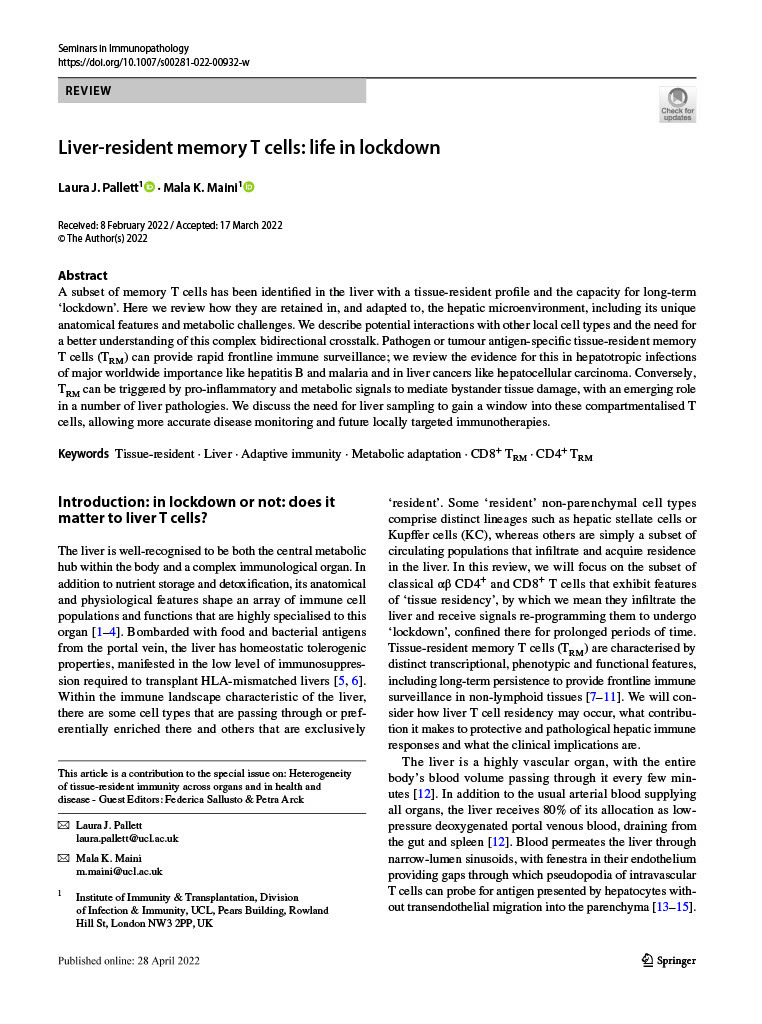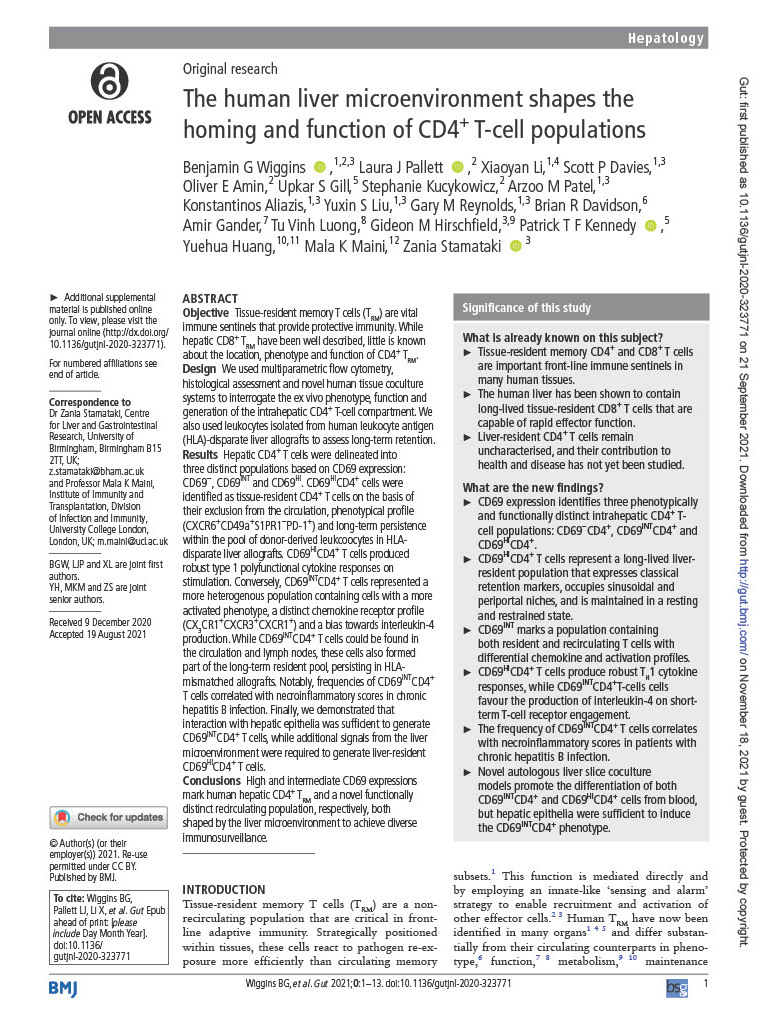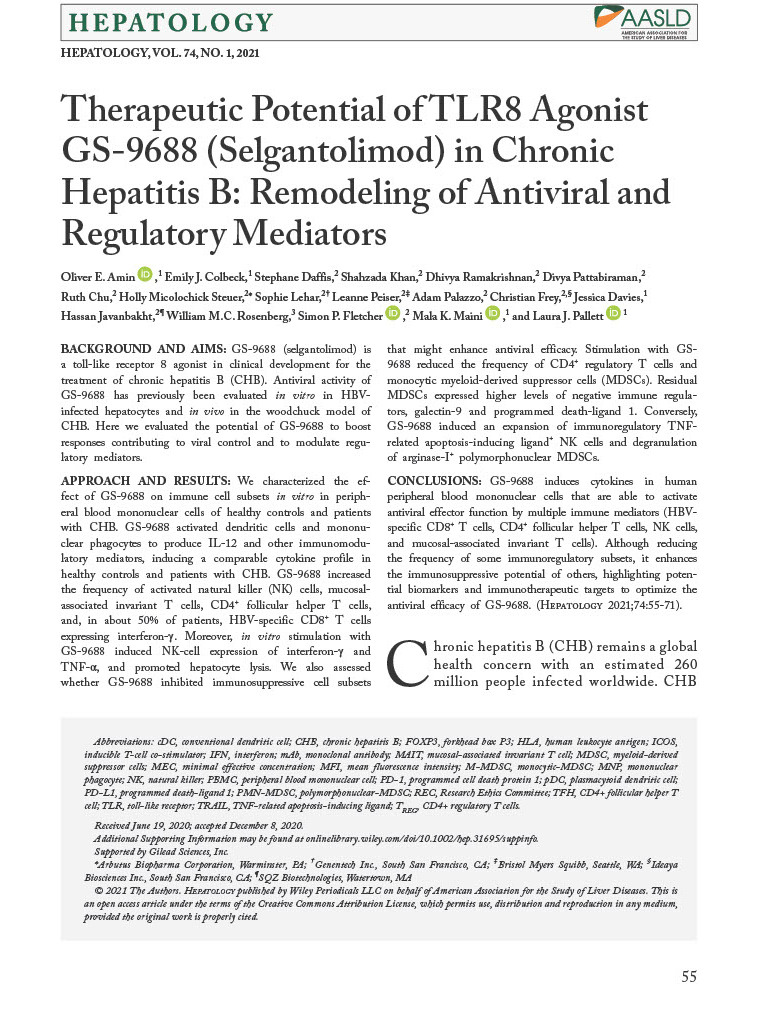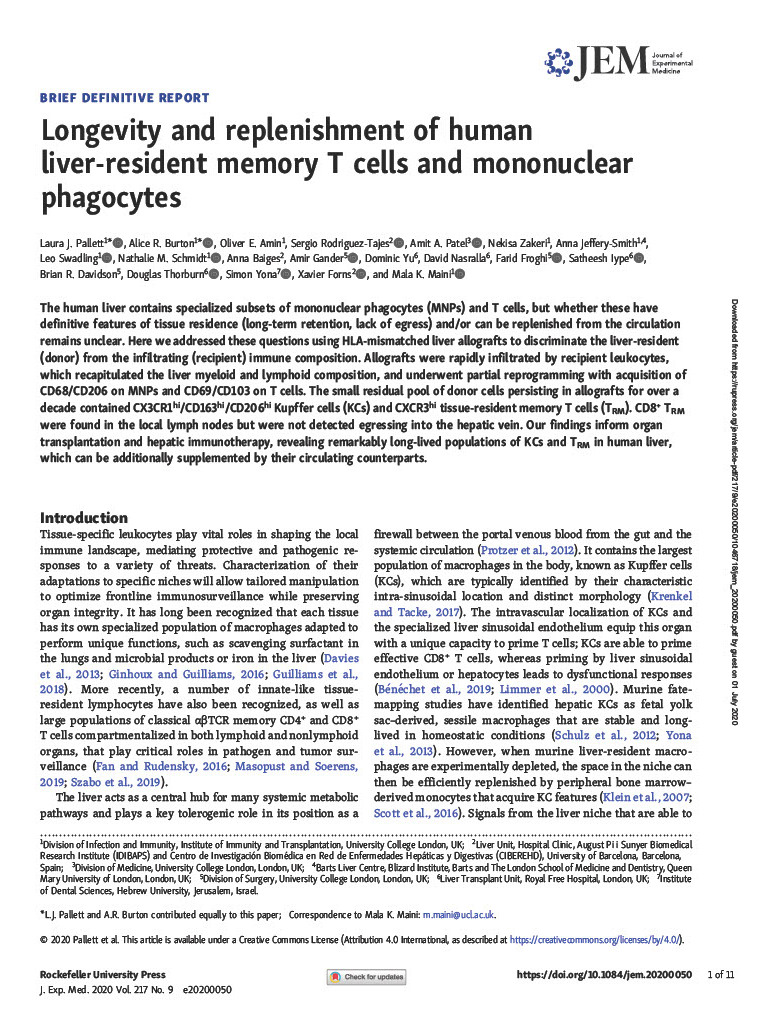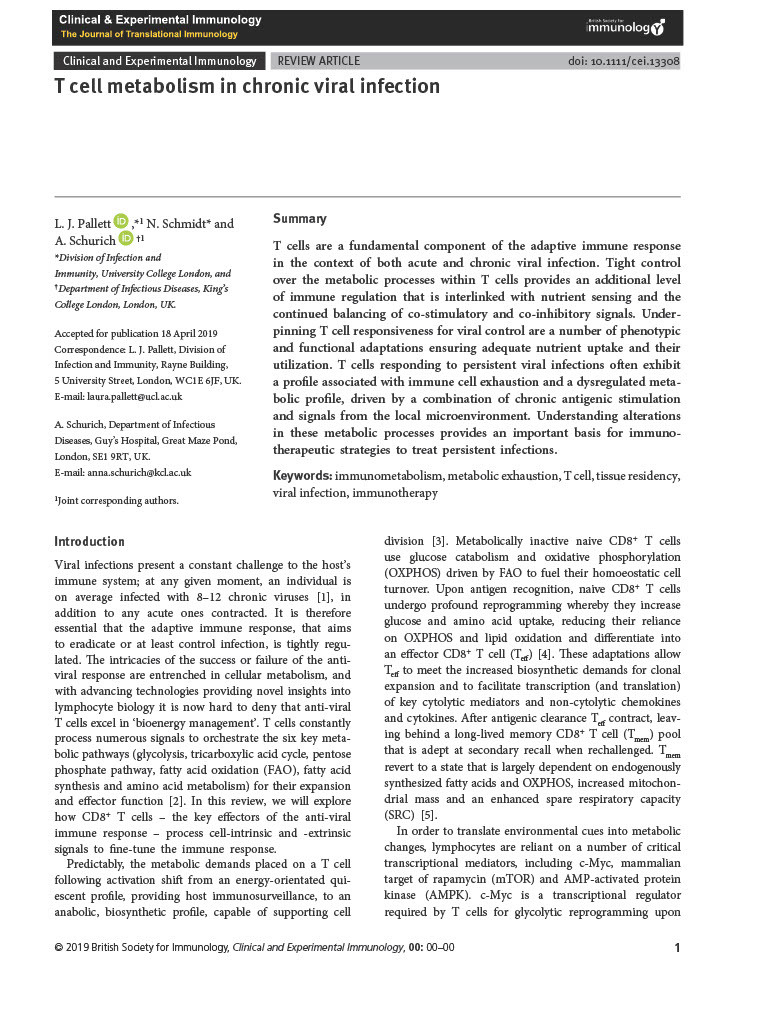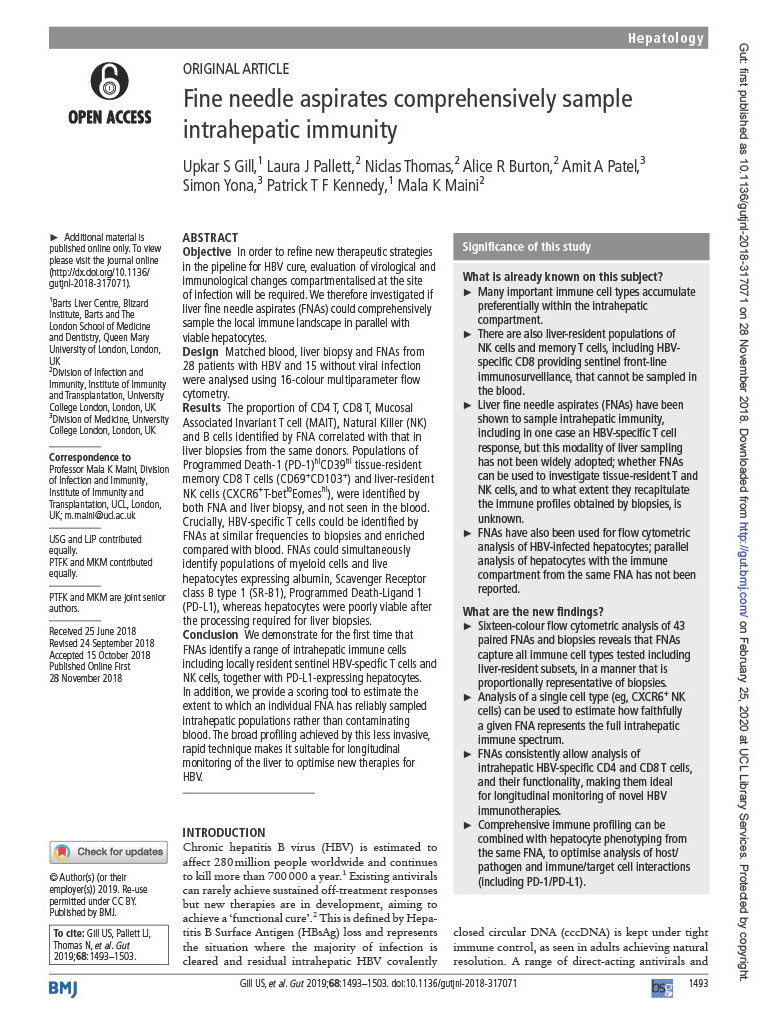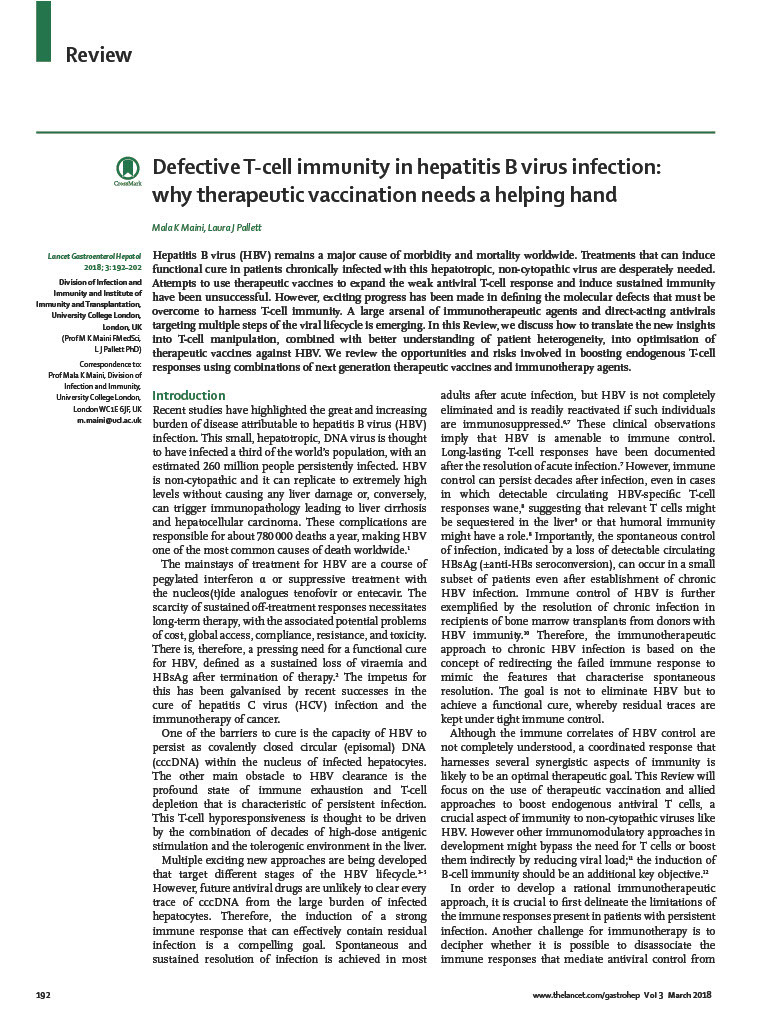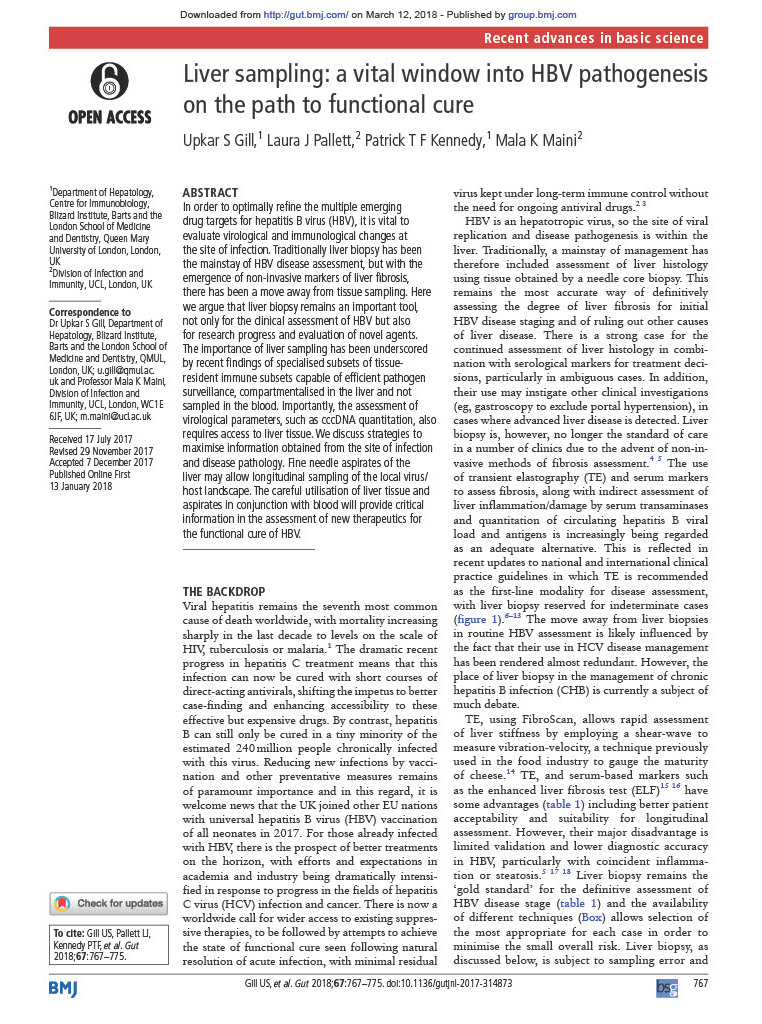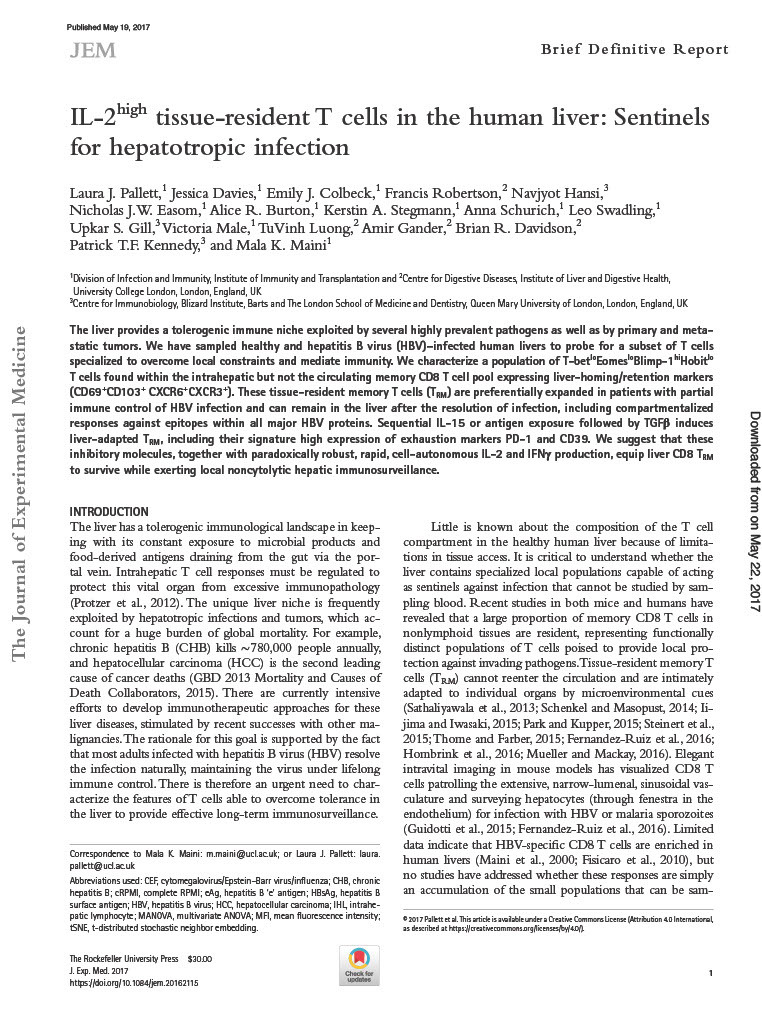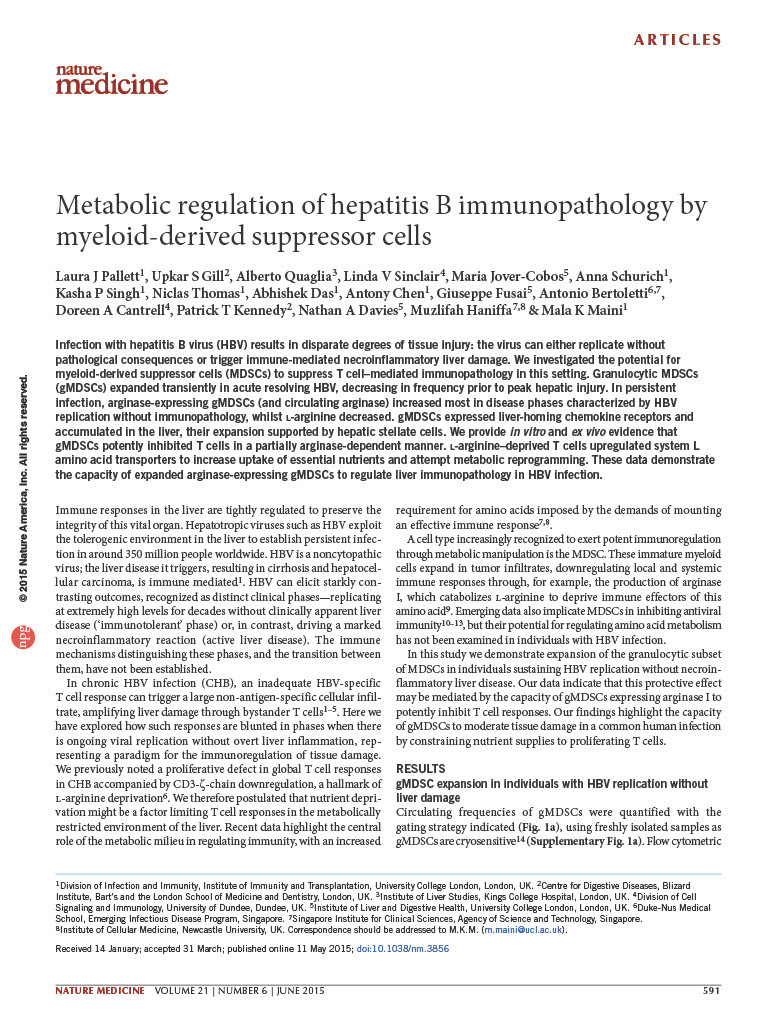Our Lab
Pears Building, UCL
We are pleased to be working alongside colleagues in the new state-of-the-art Pears Building, Institute of Immunity & Transplantation, UCL.
Since opening in Summer 2021, the IIT has brought together world leading scientists, academic clinicians, and clinical trial specialists, with the primary aim of achieving the ambitious goal of becoming an international centre of excellence for immunology research to directly improve human health.
Our home in the IIT delivers spacious, light and airy architecturally intriguing laboratory space and open plan, collaborative office space. The Institute provides productive partnerships between basic research and the wealth of clinical specimens from the Royal Free London NHS Foundation Trust due to its location and the drive of the people involved.
Something important to me, the cutting-edge laboratories have been specifically designed to not only facilitate high impact immunological research but to be environmentally friendly. The building itself has been fitted with solar panels to generate electricity for its running and a ‘brown’ roof to provide habitats for local wildlife.
